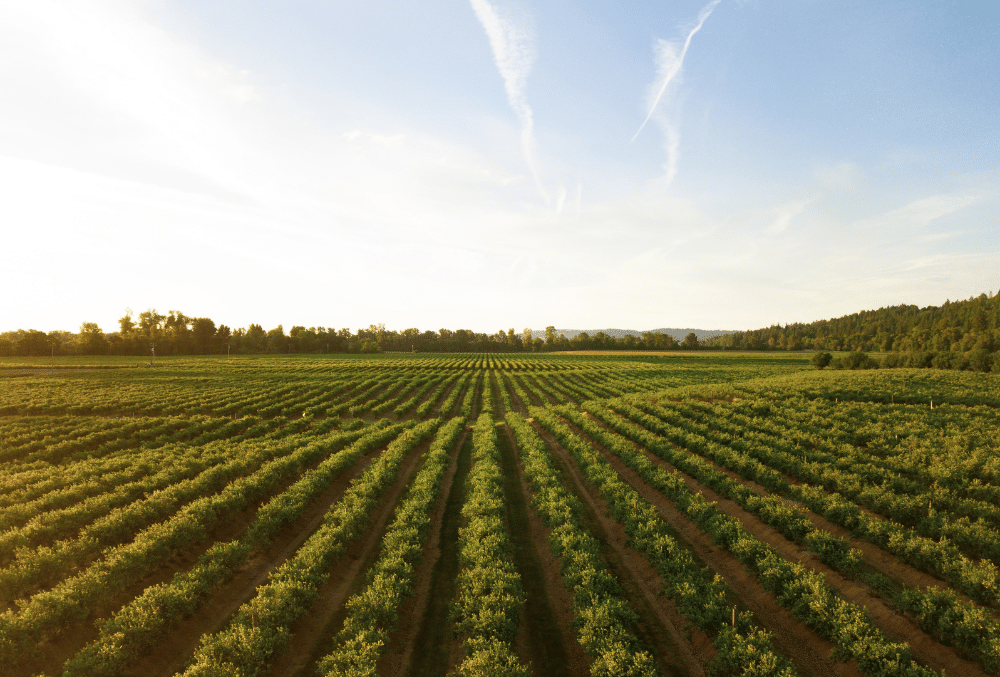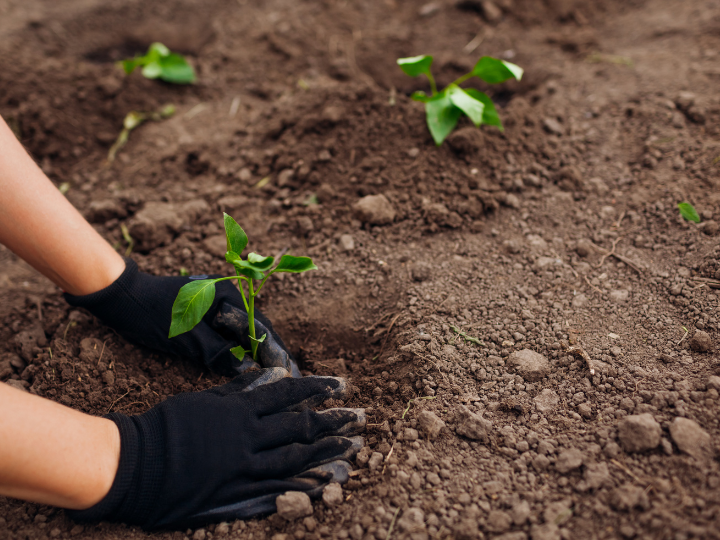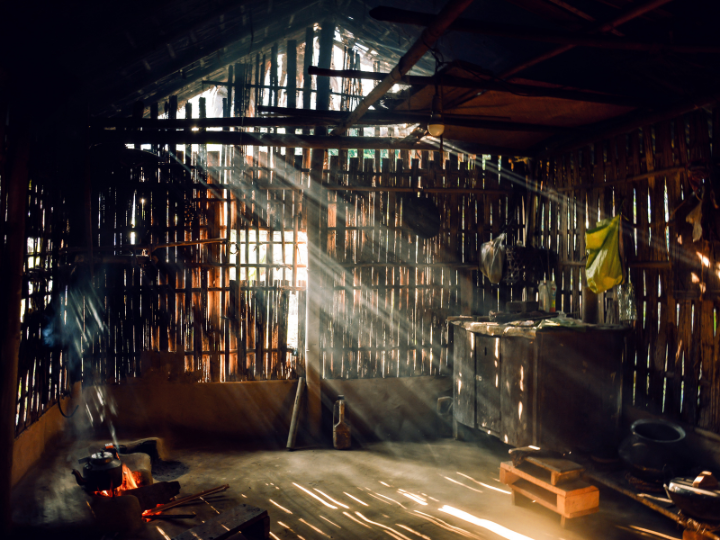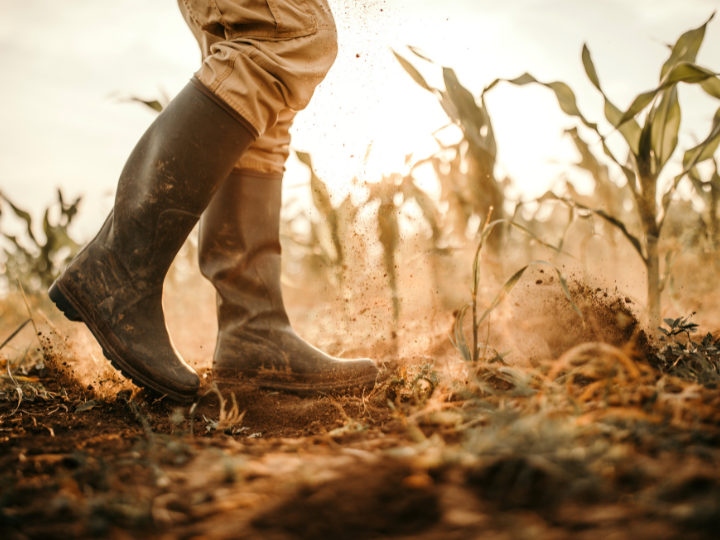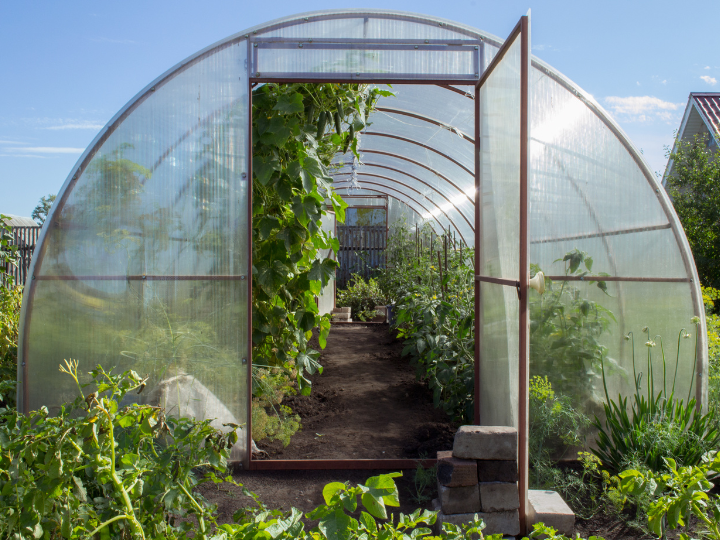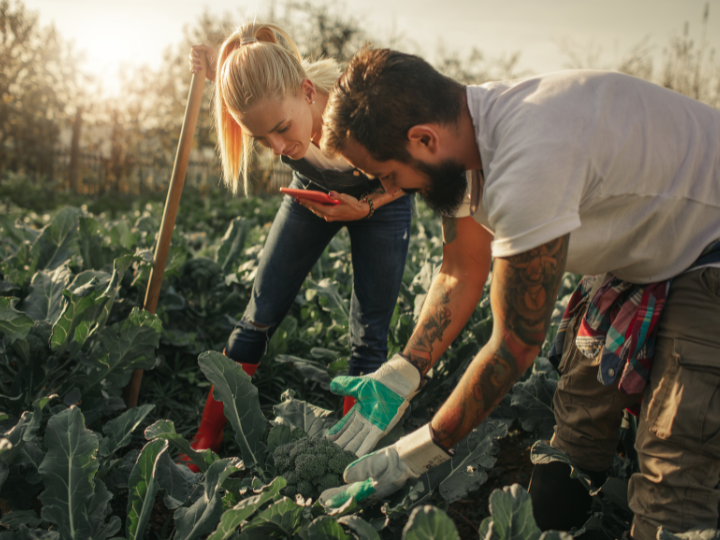Getting the Farm Right Insurance for Your Operations
August 29, 2022
Unlike other types of commercial insurance policies, farm insurance protects the farmer, family and business. You might think of it as a hybrid form of insurance. This insurance guarantees against farming losses such as floods and drought so farmers can provide food and keep the Canadian economy moving.
Farmland in Canada covers over 62 million hectares of land in Canada. Farmers not only produce food for Canadian farmers but are also top exporters of agricultural products. Increased consolidation and technology have created farming efficiency, allowing farmers to produce higher volumes and quantities of food. Customized farm insurance products are available to support the nuances of various types of farming operations.
Dairy Farm Insurance
The dairy farm industry is facing challenges related to climate change. Farmers are working with Dairy Farmers of Canada to adapt through implementing sustainable farming practices, ensuring the industry remains viable. This is just one of many risks that dairy farmers are facing.
These farmers rely heavily on having the right commercial insurance with the proper limits to protect their farms. Dairy farm insurance is customized to the farm’s equipment and operations.
What does dairy farm insurance cover?
- Barns, pole barns
- Farm buildings
- Other structures on the farm
- Contents inside farm buildings
- Liability
If a cow or other animal destroys someone’s property or hurts someone, the insurance policy will pay for the loss up to the policy limit.
Barns and other outbuildings store equipment used to service the farm including tractors, farm machinery, tools, and spare parts. Farm buildings also house materials such as feed, grain, chemicals, fertilizer, and produce. Livestock housed in farm buildings is also covered under the insurance policy.
All these items are necessary for dairy farming and must be protected against damage and theft. Farm insurance covers them all. While liability covers accidental injuries, additional coverage is available for feedlot liability to cover risks associated with electric fences and corralling.
The following coverage can be added to a dairy farm insurance policy:
- Short-term rental coverage – To cover for rental equipment while equipment is being repaired
- Water defense coverage – To cover for damage due to surface water from lakes or rivers that overflow
- Limited sewer backup coverage – To cover for water or sewage that backs up through sewers or drains
- Loss of use coverage on farm machinery – To cover for damaged farm machinery
- Replacement cost coverage on farm machinery – Covers the cost to replace farm machinery
- Milk contamination coverage – To cover for milk that gets contaminated by bacteria
Overall, dairy farm insurance ensures that farmers can continue their operations without disruption despite the hazards of farming.
Livestock and Poultry Farm Insurance
Cattle and poultry are valuable property for farmers as animals may become ill or drown accidentally. They may be hit by lightning or get electrocuted. Livestock is also at risk of being stolen or killed during transportation. A sudden loss of power could cause injury to poultry and livestock. These are the types of risks that keep farmers up at night.
Livestock insurance protects farmers from the inability to use their livestock to make a profit. It also covers broilers, broiler breeders, turkeys, egg producers, and qualified backup systems.
Farmers may add optional coverages such as Farm and Stablemen’s Liability if they provide the care, boarding, and control of livestock of others. They can also opt for liability coverage extensions to cover risks such as entrapment, casting, bloat or grain overload, colic, or animal birth.
Greenhouse Insurance
Electricity is essential for greenhouse businesses as plants require the proper amounts of light and water, and an unexpected power outage can impact production. Large greenhouse operations typically have large boiler systems that provide heat and power to the buildings.
While boiler systems are often covered as part of commercial equipment breakdown coverage, they can contain exclusions for systems that are over a certain PSI. A boiler system that breaks down could cause a major loss of plants or flowers that require heat for sustainability. If the system is not covered by insurance, the greenhouse grower would have to pay for the equipment repair and take a loss on the crop.
Greenhouses are also at risk of fire damage, and commercial insurance covers buildings and products for this type of loss as well as for income greenhouse growers would lose due to a fire.
The following greenhouse insurance coverages are available to growers:
- Greenhouse structures
- Equipment
- Equipment breakdown
- Crops
- Business interruption
- Outbuildings
Stock fluctuates throughout the year and increases significantly during the peak season. A Peak Season Endorsement automatically adds a percentage of coverage to account for seasonal ebbs and flows.
Greenhouse owners who invite customers onto their operations pose a liability risk in the event someone should slip or fall and get hurt. Commercial liability covers greenhouse owners for liability losses if they get sued.
Hobby Farm Insurance
A hobby farm is considered a farm of less than 100 acres, and the income made is not the primary source of income for the owners. In general, hobby farms have less than six non-saddled animals. Hobby farmers may also grow produce and sell at local farmers markets.
Whether a hobby farm is small or it’s on the way to becoming a full-time farming operation, it is crucial to have the proper insurance.
Hobby farm insurance is available to cover the following types of risks:
- Outbuildings
- Operations
- Machinery
- Livestock
- Produce
- Liability
These are all things excluded from a standard home insurance policy for damage or accidents. If you use your car or truck for your hobby farm, additional automobile coverage is available and you can also get coverage for loss of income.
Cash Crop Farm Insurance
Cash crops are a vital part of Canada’s economy. Cash crop farmers rotate between crops to sell them at a profit during the peak season. Common crops in Canada are wheat, barley, soybeans, potatoes, beans, corn, and mixed grains.
Canadian weather is highly unpredictable. Too much rain or severe drought can significantly impact revenue. There is coverage for cash crops by Agri Corp in Ontario, yet the coverage and limits may not be sufficient to cover a cash crop operation. Cash crop insurance covers higher limits for equipment ranging from $500,000 to $1 million for certain types of equipment to protect against fire, sudden or unexpected damage, or fire.
Pollution liability insurance is a commercial coverage for cash crops that is commonly overlooked, yet important to keep operations going. Cash crop farmers risk fertilizer or other chemicals seeping into nearby streams or waterways causing illness. In such cases, the Ministry of Environment would get involved, the costs of cleanup and remediation can be excessive.
Another risk cash crop farmers face is potential for damage to crops while being stored off-site. Loss of income insurance coverage will protect against such a loss.
Final Thoughts
Different farming operations have different risks. The right commercial insurance policies protect against the unique risks and liabilities each farmer faces.
For farmers who have small, personal tractors for home use, the Tractor Protect insurance product covers gaps in coverage between home and commercial policies. This coverage is intended for on-premises use only.
Whatever type of farming you do, the Farm and Commercial Team at Duliban Insurance can recommend the right coverages and limits to protect you, your animals, and your total farming operation. Give us a call today to learn more at 855-DULIBAN.
External Links
https://dairyfarmersofcanada.ca/en/our-commitments/sustainability/climate-change
